
Jewish culture - Jewish Culture Exploration
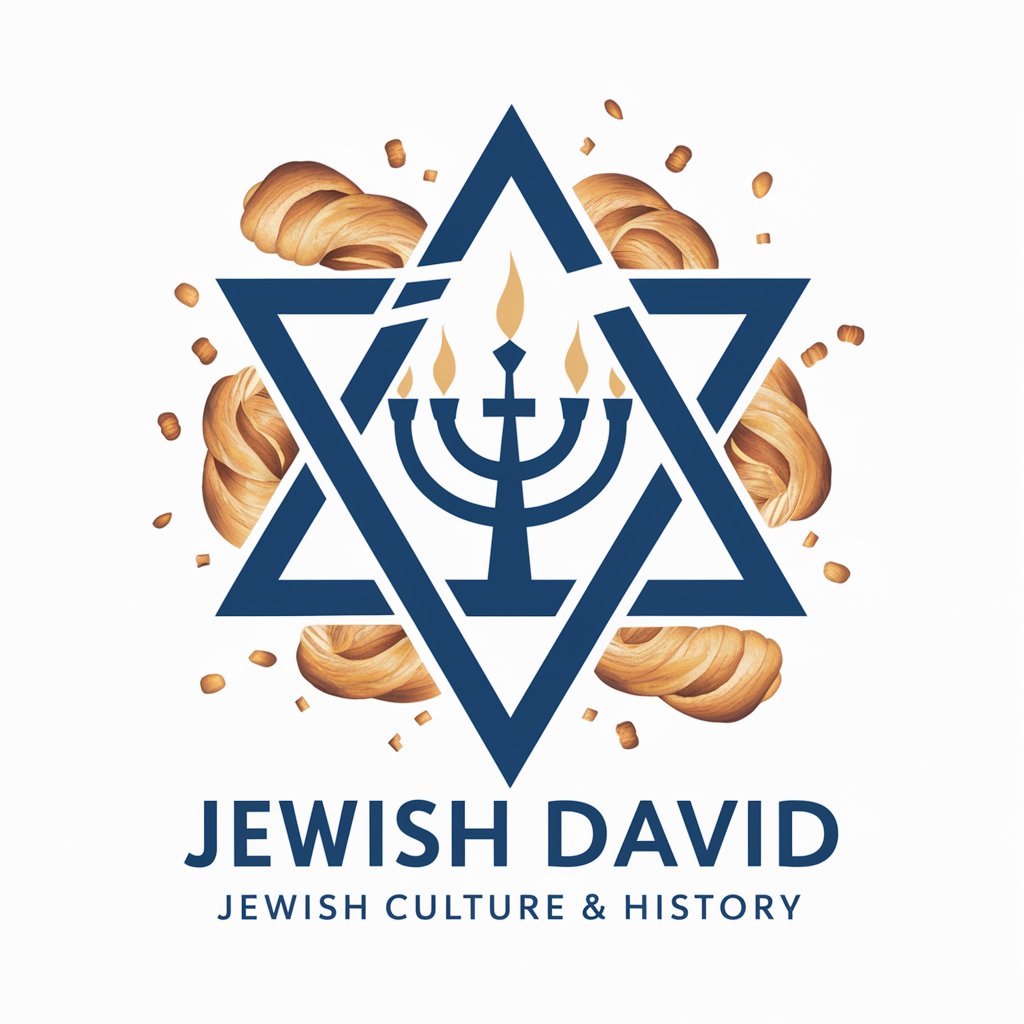
Welcome! Let's explore the richness of Jewish culture together.
Unlocking Jewish Cultural Insights with AI
Tell me about the significance of Hanukkah in Jewish culture.
What are some traditional Jewish foods and their cultural meanings?
Can you explain the history and importance of Yiddish language?
How did Jewish immigrants influence American culture in the early 20th century?
Get Embed Code
Overview of Jewish Culture
Jewish culture encompasses the social, religious, philosophical, and artistic practices of the Jewish people, tracing back over 4,000 years. Rooted in ancient Near Eastern traditions and crystallized under the conditions of diaspora, it has evolved through centuries of interaction with various host societies, leading to a rich tapestry of cultural expressions across the globe. Jewish culture is characterized by its diversity, shaped by the myriad communities that make up the Jewish diaspora, including Ashkenazi, Sephardi, Mizrahi, and other groups. Central themes include the importance of community (Kehilla), the value of learning and scholarship (Talmud Torah), the celebration of life cycle events (from birth through marriage to death) with specific rituals, and a calendar marked by holidays that commemorate historical events and ethical values. For example, Passover celebrates freedom from oppression, while Yom Kippur focuses on reflection and atonement. Jewish cuisine, language (notably Hebrew and Yiddish), literature, and humor further reflect the community's experiences and values. The emphasis on social justice and ethical conduct (Tikkun Olam, repairing the world) underscores many aspects of Jewish cultural practices. Powered by ChatGPT-4o。

Functions and Applications of Jewish Culture Knowledge
Education and Learning
Example
Teaching about Jewish holidays and their significance, like Hanukkah’s emphasis on resilience and freedom.
Scenario
Used in both formal education settings, such as Jewish studies programs, and informal contexts, like community workshops or interfaith dialogues.
Cultural Preservation
Example
Documenting and sharing the traditions of Sephardic cuisine, such as recipes for Ladino dishes.
Scenario
Supports efforts to maintain and revitalize traditions within Jewish communities and introduces these cultural practices to a wider audience.
Ethical Discussion
Example
Facilitating conversations on social justice themes present in Jewish texts, like the concept of 'Tzedakah' (charitable giving).
Scenario
Engaged in by community groups, social activists, and educational institutions to inspire action and reflection on contemporary issues.
Language Preservation
Example
Offering resources for learning Yiddish and Hebrew, contributing to the revival and maintenance of these languages.
Scenario
Utilized in language courses, online platforms, and cultural festivals aiming to keep the linguistic heritage alive and accessible.
Target Users of Jewish Culture Services
Secular Jews
Individuals seeking to connect with their heritage outside of a religious framework. They benefit from cultural education, holiday celebrations, and ethical discussions that resonate with secular values.
Educators and Students
Those involved in teaching or learning about Jewish history, culture, and ethics. The services provide valuable resources for curriculum development, student engagement, and personal growth.
Interfaith and Intercultural Dialogue Participants
People engaged in building bridges between diverse communities. They use Jewish cultural insights to foster understanding, respect, and cooperative efforts on shared social issues.
Cultural Enthusiasts
Individuals interested in the arts, languages, and culinary traditions of different cultures. They explore Jewish culture to enrich their knowledge and experiences of global diversity.

How to Utilize Jewish Culture Insights
Start Exploring
Begin your journey at a platform offering in-depth insights into Jewish culture, accessible without the need for registration or a premium subscription.
Identify Your Interest
Pinpoint specific areas of Jewish culture that intrigue you, such as history, holidays, culinary traditions, language, or ethical discussions.
Engage with Content
Dive into articles, discussions, and resources that elaborate on your chosen topics, enhancing your understanding and appreciation of Jewish culture.
Participate in Community
Join forums or social media groups focused on Jewish cultural exchange to share insights, ask questions, and connect with like-minded individuals.
Apply and Share Knowledge
Incorporate your newfound knowledge into daily life, academic projects, or creative endeavors, and share your learnings with others to spread cultural awareness.
Try other advanced and practical GPTs
对联大师
Crafting Tradition with AI Elegance

おしえて!ミダス王!
Unleash Wisdom, Power Your Decisions

ツンデレちゃん
Mixing Knowledge with a Dash of Sass

著作権ガイド
Navigating AI Copyright with Ease

Chess Mentor
Master Chess with AI Guidance
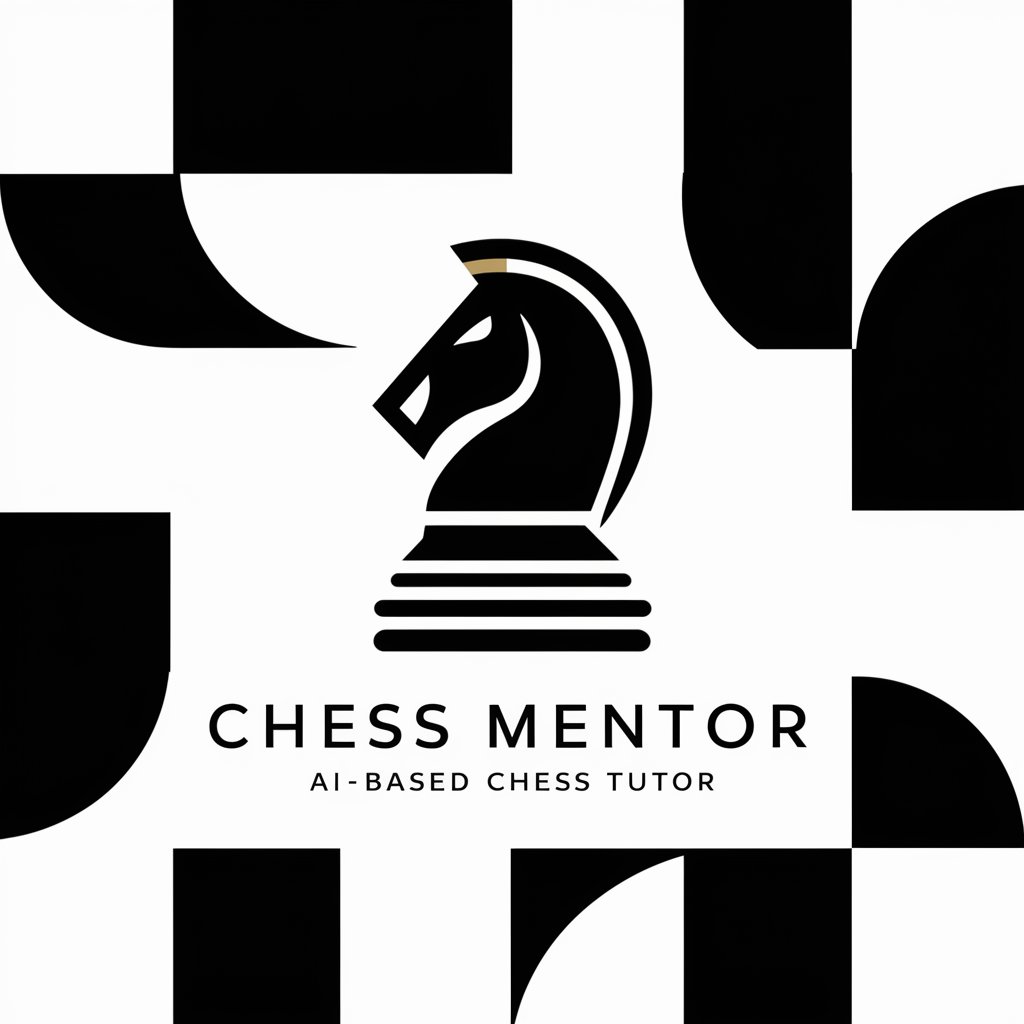
Dzarja
Empowering Conversations in Algerian Darja

Step Back Wisdom Seeker
Unveil Deeper Insights with AI
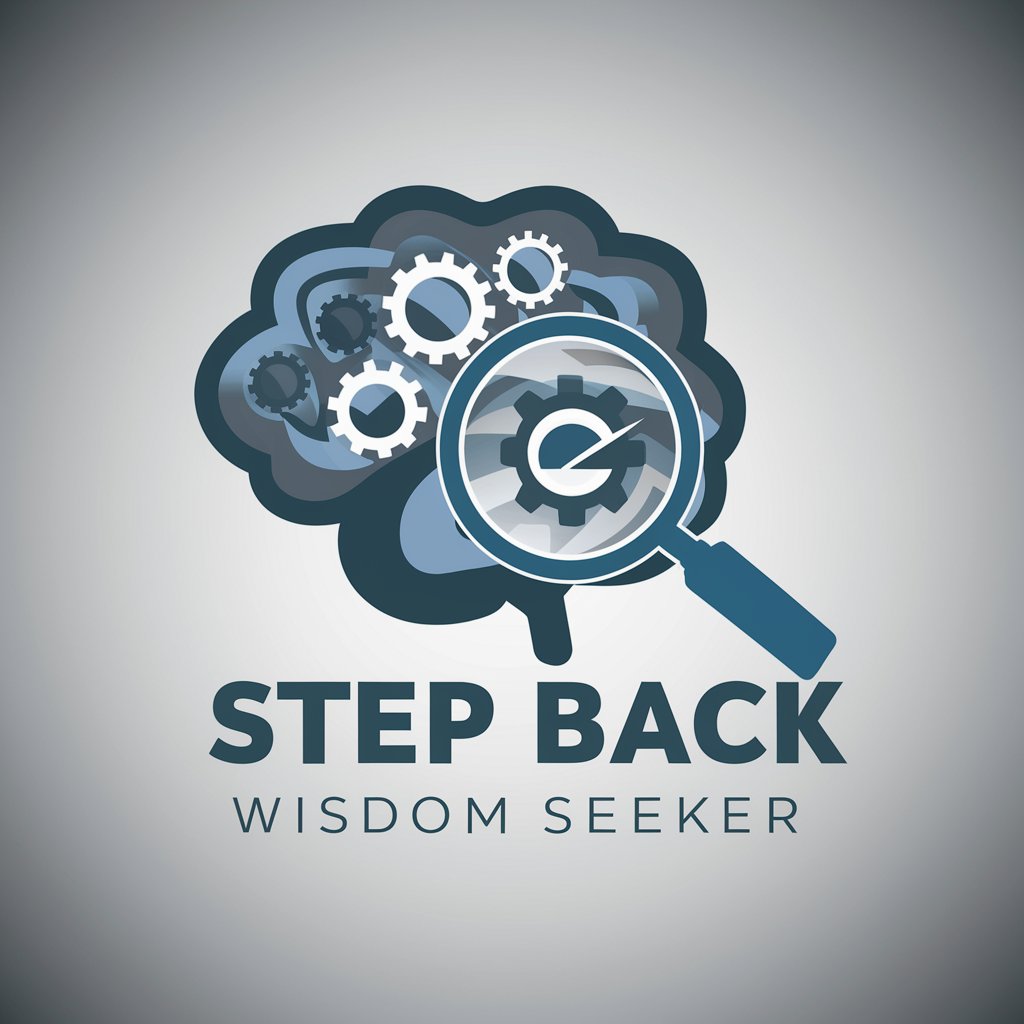
Tutor Wise
Empower Your Learning with AI

Table Transformer
Revolutionizing Data Handling with AI
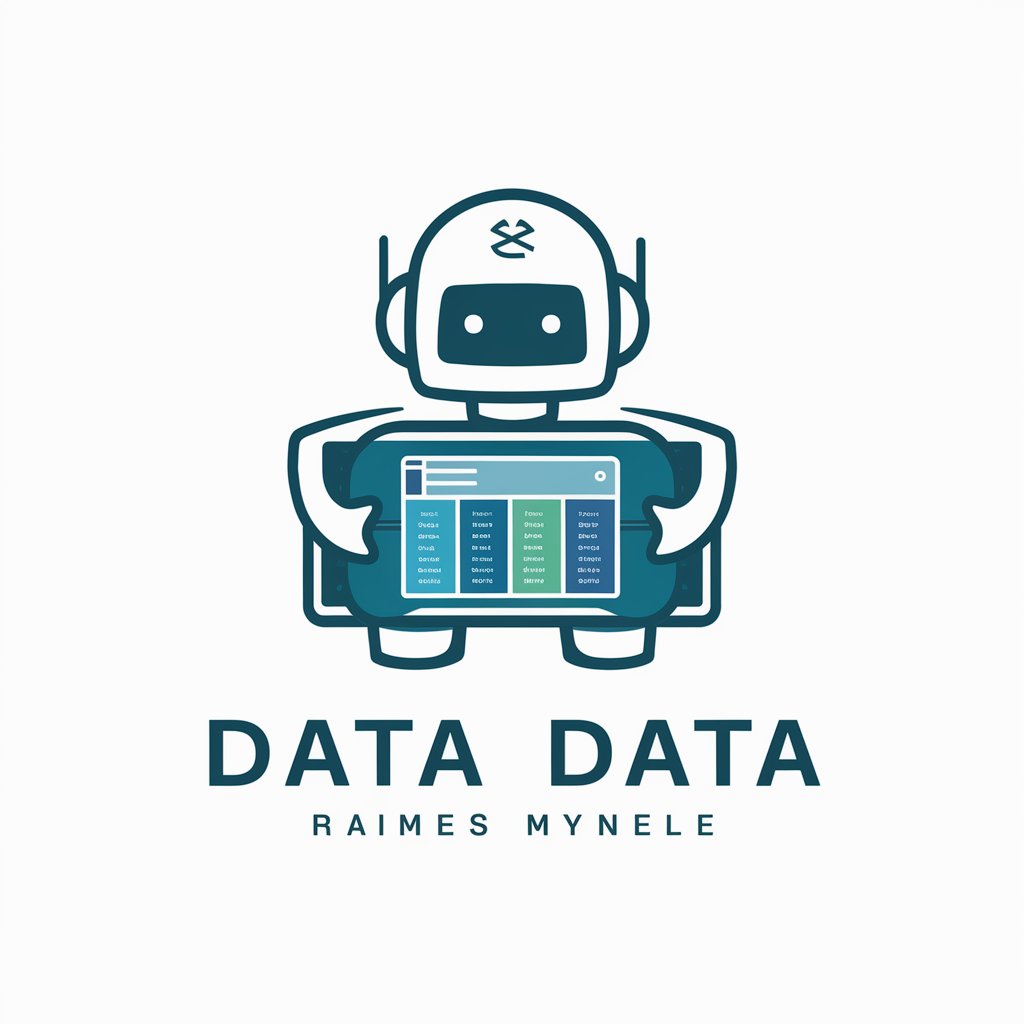
Mentor Mind
Elevate Your Academic Work with AI
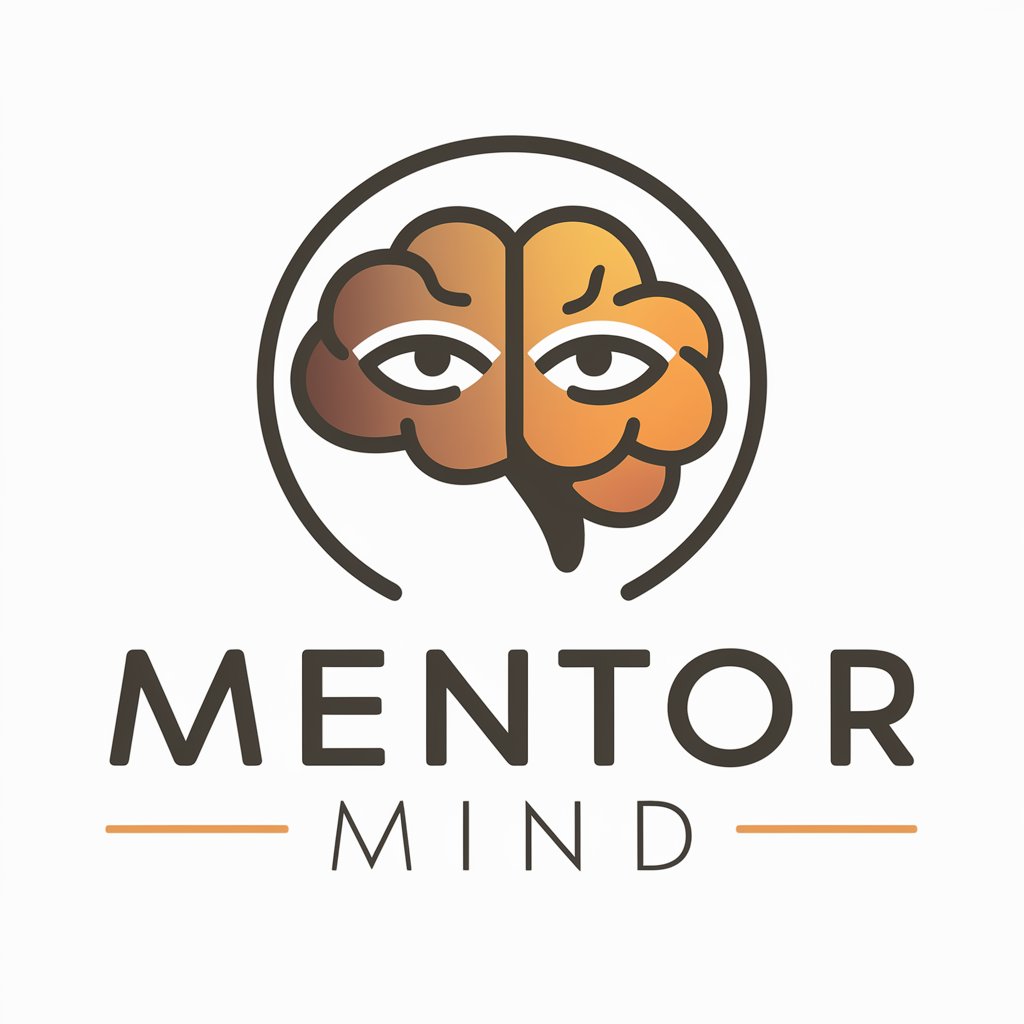
文案优化助手
智能优化,文案之美

English Speaking Instructor
Speak English Confidently with AI

Frequently Asked Questions about Jewish Culture Insights
What is Jewish culture?
Jewish culture encompasses the social, historical, religious, and intellectual traditions and contributions of the Jewish people. It includes literature, music, cuisine, and rituals that have evolved over millennia.
How can I learn Hebrew through this tool?
This tool offers resources and guides for learning Hebrew, including basic vocabulary, grammar, and cultural context, making it accessible for beginners and those looking to improve their language skills.
What Jewish holidays can I learn about?
You can explore a wide range of Jewish holidays, from well-known ones like Passover and Hanukkah to lesser-known observances, understanding their historical significance and contemporary practices.
Can this tool help with academic research on Jewish history?
Yes, it provides access to historical documents, scholarly articles, and databases that can assist in academic research on Jewish history, including pivotal events and figures.
How does this tool approach ethical discussions in Judaism?
It facilitates discussions on Jewish ethics by providing resources on traditional and contemporary ethical issues, encouraging critical thinking and reflection on moral questions from a Jewish cultural perspective.
